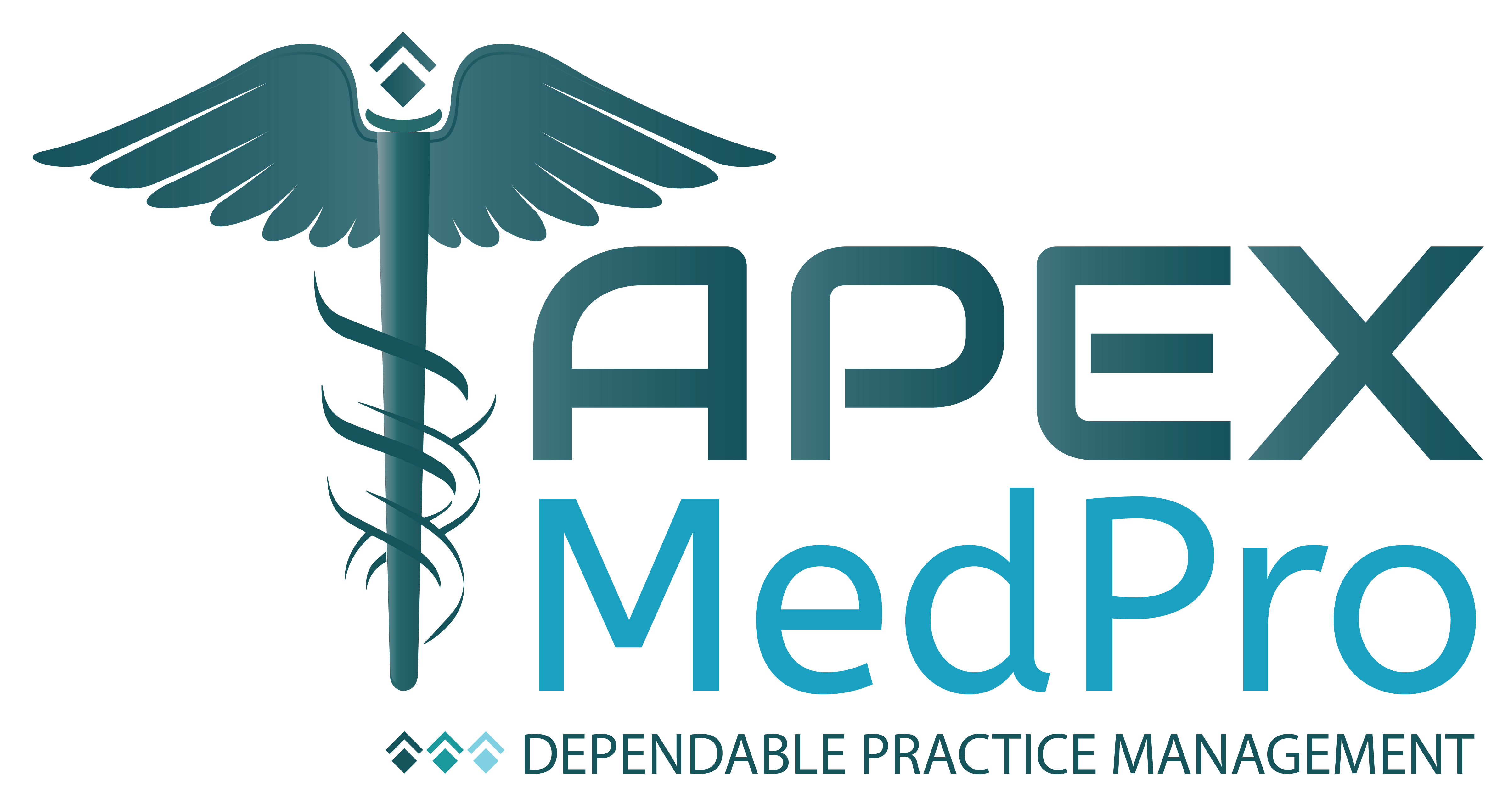Introduction
Medical billing is a critical aspect of the healthcare industry, ensuring that healthcare providers receive proper reimbursement for the services they render. However, medical billing is a complex and often challenging process, plagued by numerous obstacles that can hinder efficiency and impact financial outcomes. In this blog, we will discuss the top challenges in medical billing and provide practical strategies to overcome them, enabling healthcare organizations to optimize their revenue cycle management.
Frequent Changes in Healthcare Regulations
One of the major challenges in medical billing is keeping up with the ever-changing healthcare regulations. Government policies, payer requirements, and coding guidelines are constantly evolving, making it difficult for medical billing professionals to stay updated. To overcome this challenge, healthcare organizations should invest in continuous education and training programs for their billing staff. Additionally, utilizing technology-driven solutions that integrate real-time updates and automate coding processes can help ensure compliance with the latest regulations.
Complex Coding and Documentation Requirements
Accurate coding and proper documentation are crucial for successful medical billing. However, the intricacies of medical coding systems, such as ICD-10 and CPT, can be overwhelming for billing professionals. Incomplete or incorrect documentation leads to claim denials and delays in reimbursement. To tackle this challenge, healthcare organizations should prioritize comprehensive training for coding and documentation guidelines. Implementing advanced electronic health record (EHR) systems with built-in coding assistance and validation features can also streamline the process and minimize coding errors.
Claim Denials and Rejections
Claim denials and rejections are a significant drain on the financial health of healthcare providers. Common reasons for denials include incomplete patient information, coding errors, and mismatched billing codes. To address this challenge, it is essential to establish robust claim denial management processes. This involves analyzing denial patterns, identifying root causes, and implementing corrective measures. Regularly monitoring and auditing claims before submission, along with utilizing data analytics tools, can significantly reduce claim denials and improve revenue cycle performance.
Insurance Verification and Eligibility Issues
Verifying patient insurance coverage and determining eligibility is a time-consuming task that poses challenges for medical billing departments. Failure to verify insurance information accurately can lead to claim denials and delayed payments. To overcome this challenge, healthcare organizations should invest in automated eligibility verification systems that integrate with insurance databases in real-time. These systems help identify coverage limitations, pre-authorization requirements, and any potential billing issues upfront, ensuring smooth claims processing.
Managing Revenue Cycle Workflow
Efficient management of the revenue cycle workflow is crucial for maximizing revenue and minimizing billing errors. The complexity of medical billing, from patient registration to claim submission and payment posting, demands streamlined processes and effective communication between different departments. Implementing revenue cycle management software can help automate and integrate various stages of the billing process. This ensures seamless coordination between front-end and back-end operations, reduces manual errors, and accelerates revenue collection.
Staying Up-to-Date with Payer Guidelines
Different insurance payers have varying reimbursement policies and guidelines. Adhering to payer-specific rules and requirements can be challenging, especially for practices dealing with multiple payers. Healthcare organizations should invest in payer contract management systems that centralize and update payer contracts, fee schedules, and reimbursement policies. Regularly reviewing and renegotiating payer contracts based on practice performance and market analysis can help optimize revenue and maintain strong relationships with payers.
Conclusion
Medical billing challenges are diverse and can significantly impact the financial stability of healthcare organizations. By understanding and proactively addressing these challenges, healthcare providers can optimize their revenue cycle management and improve overall operational efficiency. Embracing technological advancements, investing in training programs, and implementing robust systems and processes will pave the way for successful medical billing, ensuring proper reimbursement and financial viability in an ever-evolving healthcare landscape.

